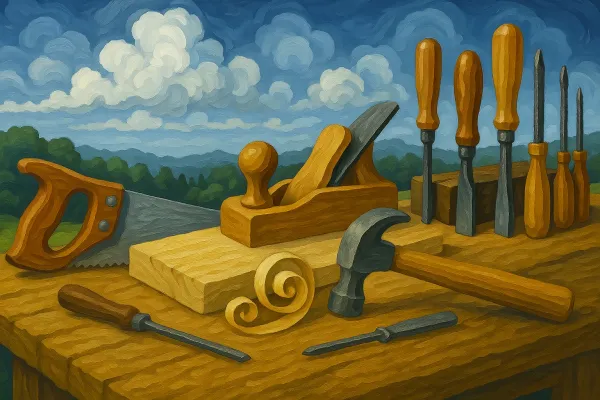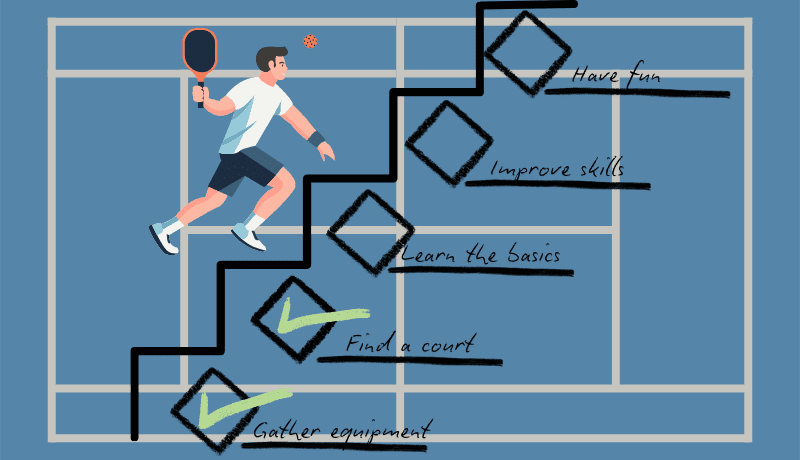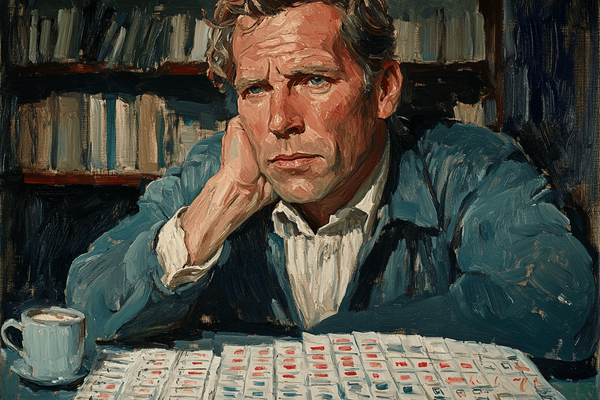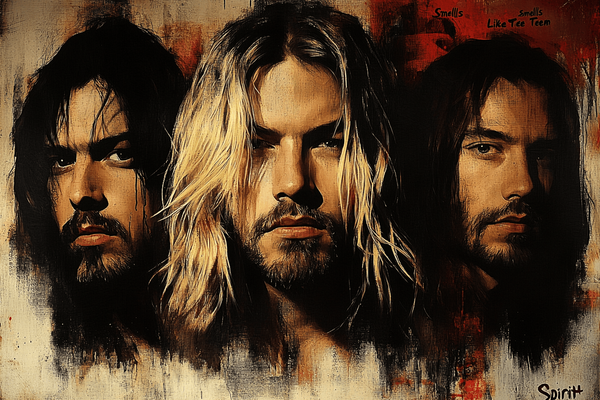Shakespeare Didn’t Do That
William Shakespeare accomplished many things, but there are also many he did not do. Let's find out what they are.
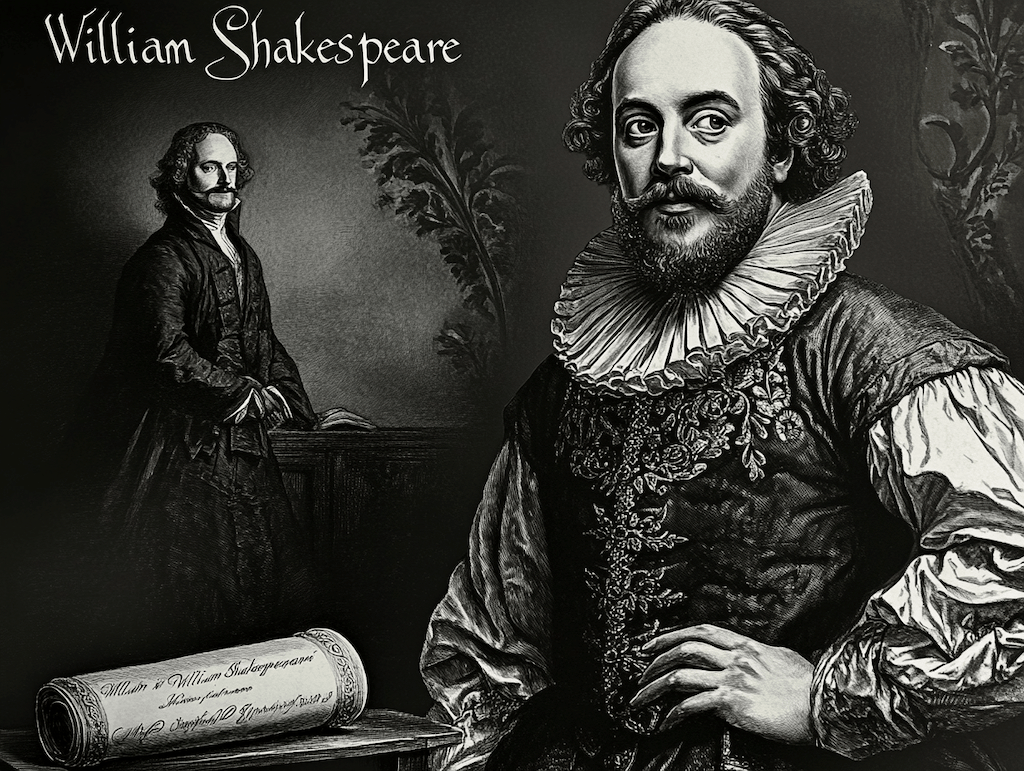
Hmm, this year we got so carried away with celebrating the anniversary of Alexander Pushkin that we completely forgot about another celebrant — William Shakespeare. This year marks 460 years since the birth of this highly esteemed writer, celebrated all over the world. It might seem, what is 460 years? Not such a round number. But not in the case of William Shakespeare; he has a special connection with the number 46. More on that below.
How did William Shakespeare end up on the pages of this blog? It’s all the work of “The Shakespeare Book of Lists” [1], which can be found in the largest list of books of lists on the internet. In the book of lists about Shakespeare, among other things, there is a list of myths about Shakespeare. Although, in the case of William, it’s challenging to tell what is myth and what is not.
So, a list of myths about William Shakespeare:
1. He was a deer poacher. Not long after Shakespeare’s death, an obscure clergyman, Richard Davies, noted that Shakespeare was “much given to all unluckiness in stealing venison and rabbits”. Furthermore, he was “oft whipped and sometimes imprisoned and at last made him fly his native country…”
2. He was a schoolmaster. Half a century after Shakespeare’s death, John Aubrey reported this as fact in his Brief Lives.
3. As a young man, Shakespeare and his companions set out to the neighboring town of Bidford to compete in a drinking competition. After being soundly defeated, Shakespeare fell asleep under a crab tree along the road. (This tree, later known as Shakespeare’s Canopy, became a tourist attraction and was torn to bits by souvenir-hunters in 1824.) [2]
4. During the Lost years * he was a conveyancer’s clerk in the office of a prosperous country lawyer.
5. During the Lost years he served as a foot soldier in the campaigns in the Low Countries.
6. During the Lost years he visited Italy.
7. During the Lost years he was a scrivener or a gardener or a sailor or a printer or a moneylender or a coachman.
8. He helped write the King James Bible, and if you look at Psalm 46 and count 46 words from the beginning, you arrive at the word “shake”. Then if you count 46 words from the end (excluding the word Selah) you arrive at the word “spear” ** [3].
9. When he arrived in London, he was employed at the theater as a horse holder, according to Nicholas Rowe and Dr. Samuel Johnson. In 1765, Johnson wrote that Shakespeare “was to wait at the door of the play-house, and hold the horses of those that had no servants, that they might be ready again after the performance”.
10. He was born in Italy and fled to England to avoid the Inquisition at age 24. There he changed his name from Michelangelo Crollalanza (Italian for “shake spear”) to Shakespeare.
Where do all these myths come from? Shakespeare was not a nobleman, so there is little personal information about him. Here’s what Wikipedia [4] says.
Though more is known about Shakespeare's life than those of most other Elizabethan and Jacobean writers, few personal biographical facts survive, which is unsurprising in the light of his social status as a commoner, the low esteem in which his profession was held, and the general lack of interest of the time in the personal lives of writers.
Which of the myths did you find most surprising?
* “Lost years” refers to the seven-year period from 1585 to 1592 when there is no information about William Shakespeare’s life and activities.
** Maybe it’s a myth, but there are numerous coincidences. The King James Bible was written in 1611. William Shakespeare was 46 years old that year. In the text of Psalm 46 (titled XLVI in the image above), the 46th word is “shake”, and the 158th (204-46) is “spear”. And why in the end couldn’t he take part in writing it?
List of references:
[1] Michael LoMonico, The Shakespeare Book of Lists, ISBN 1-56414-524-7
[2] Shakespeare’s Crab Tree from Art UK website
[3] Psalms Chapter 46 (Original 1611 KJV Bible) from King James Bible Online
[4] Life of William Shakespeare from Wikipedia
